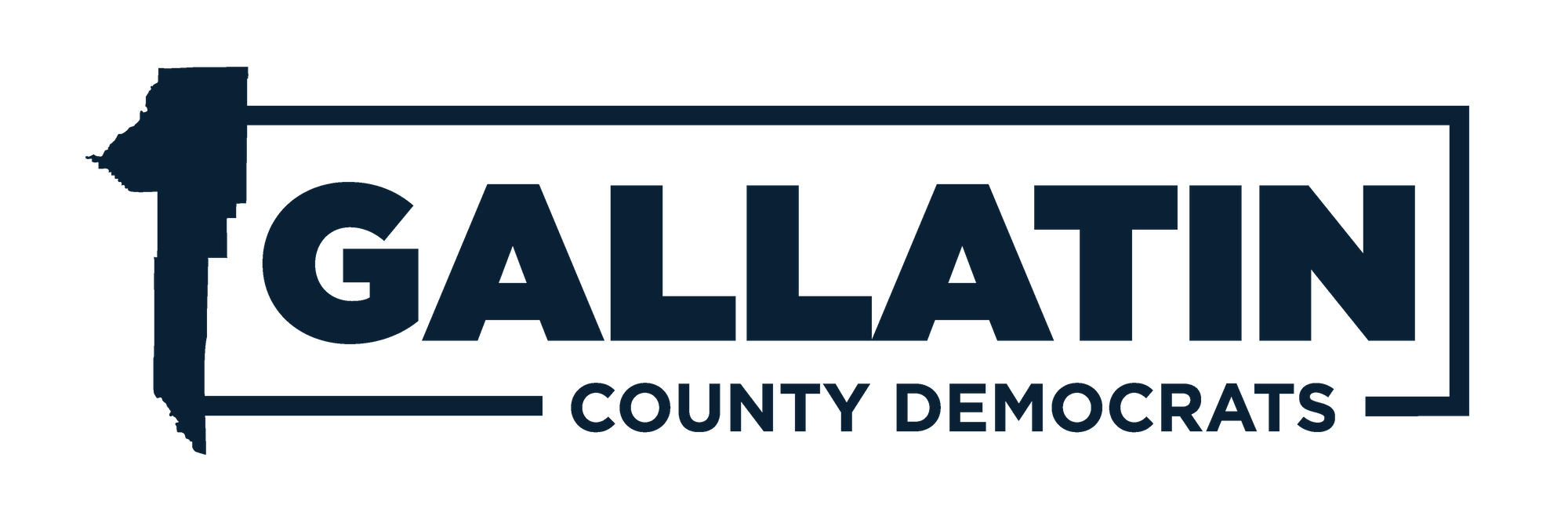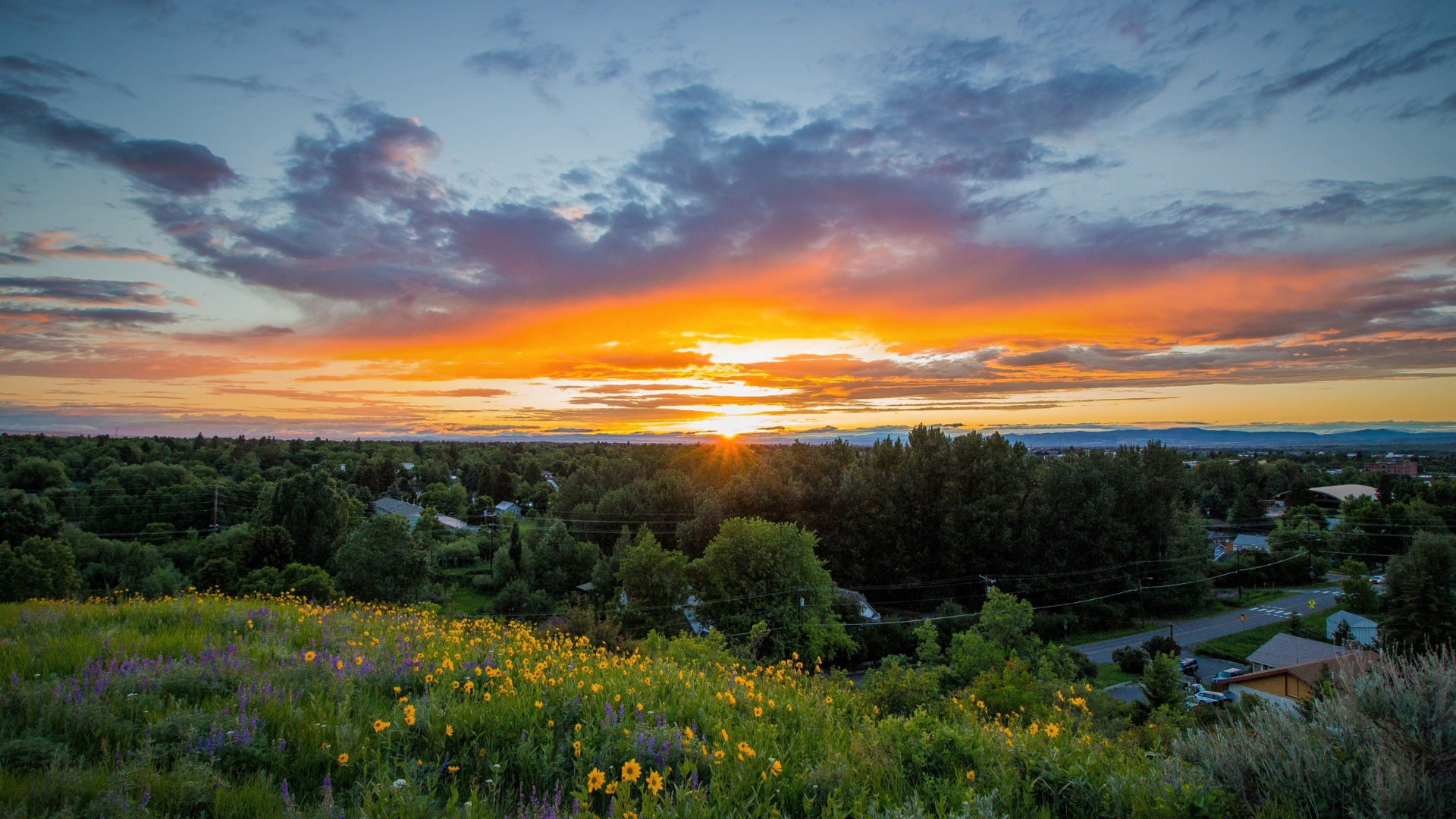By RANDY HAFER
AND DAREN NORDHAGEN
Guest columnists
As our economy faces COVID-19 pandemic fallout, the House of Representatives has a massive chance to stand up for Montana businesses and jobs by passing the Great American Outdoors Act (GAOA).
After decades of uncertainty, the act would secure full, dedicated funding for the Land and Water Conservation Fund (LWCF) and significantly invest in our national parks. LWCF is a federal program that uses royalties from offshore oil and gas drilling to support the parks, trail systems, fishing access sites, and green spaces that are central to the success of local businesses and our outdoor way of life.
It goes without saying that out-of-state visitors are central to our economy. People come from around the world to experience our incredible national parks, unparalleled fishing, world-class skiing, hiking, hunting, riding, floating and more.
People coming here to enjoy these things is no accident. Yes, we’re blessed with incredible mountains, rivers, forests and prairies, but we depend on high quality infrastructure to enjoy them. Without access to trails, boat ramps, parks and campgrounds, the stream of visitors would dry up, along with the revenue that they generate.
If you’re a numbers person, consider that before the pandemic began, Montana’s public lands supported a $7.1 billion outdoor economy and 71,000 jobs. By investing in those public lands now, we can give our statewide economy a shot in the arm and set it up for sustainable long-term success. As some pandemic restrictions are lifted, we’ve already seen an increase in public-land visitors looking to enjoy our outdoors safely, and we need to take the necessary and critical steps to ensure our outdoor infrastructure is sufficient to safely meet the needs of our residents and visitors.
The economic impact of our public lands isn’t limited to businesses that cater to visitors or outdoor enthusiasts. Public lands play a major role in supporting a much wider range of local businesses and jobs.
Under normal circumstances, our restaurants and breweries are packed with people stopping in after a day spent outside and exploring our communities. Our stores are filled with folks looking to show a little bit of Montana pride, and countless service-industry jobs depend on the spending of locals and visitors alike.
And the benefits of our outdoor economy don’t end with bustling local businesses. Montana is a highly desirable place to live and work, and our public lands are a huge competitive advantage in attracting and maintaining the talented, passionate, healthy and motivated employees that we depend on to drive the innovation that fuels our ever-growing business community.
In the growing tech and medical sectors, businesses are able to recruit employees to Montana because skilled workers want to stay here, work here and live here in order to enjoy the outdoor way of life that we Montanans are privileged to enjoy. We’re incredibly lucky to be able to enjoy our trails and spend a weekend on the river or in the mountains, and if we don’t invest in our outdoor infrastructure, we will lose one of the major elements that attracts skilled workers to Montana and drives our economic success.
Even before the pandemic, a $20 billion maintenance backlog threatened our outdoor infrastructure and access. Fully funding LWCF won’t repair decades of neglect and the pandemic’s damage to our economy overnight, but it will go a long way towards helping Montana businesses and jobs come back strong and continue getting stronger.
In tough times, we need to use all the tools at our disposal to make sure our economic future is bright. The Land and Water Conservation Fund is one of those tools, and it’s time for the House of Representatives to follow the Senate’s lead and pass the Great American Outdoors Act.
Randy Hafer is with High Plains Architects in Billings.
Daren Nordhagen is with Foundant Technologies in Bozeman.
Both are members of Business for Montana’s Outdoors.
Bozeman Daily Chronicle Guest Editorial 7/18/20

